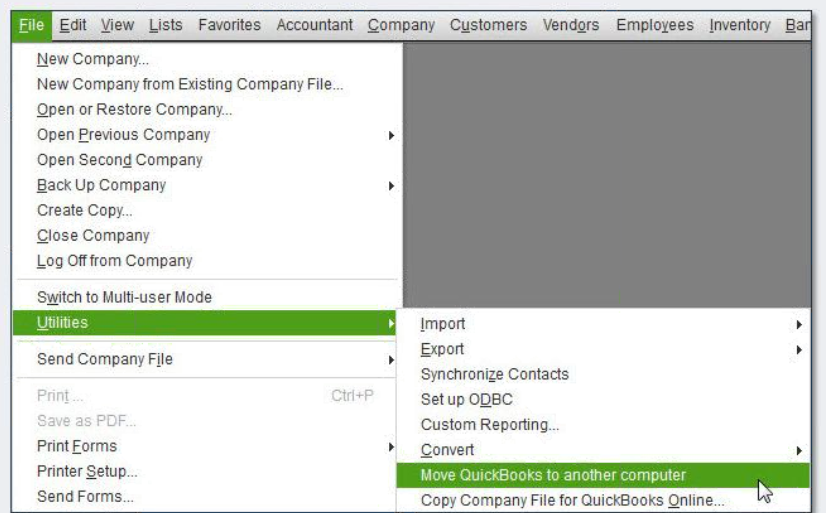by Zipbooks Admin
Tax Deductions for the Self-Employed: a Guide

Updated 04/15/2019
One of the greatest things about being self-employed is the freedom to do your own thing. You are the boss; you make the decisions; you reap the rewards. However, you also pay 100% of self-employment taxes, which would have been split 50/50 with your employer if you held a regular job.
Fortunately, though, there are also a lot of things you can take as deductible business expenses if you are self-employed, so it tends to balance out. Just make sure you are taking every single deduction that you are entitled to, so your Adjusted Gross Income (AGI, meaning your total income before taking any tax exemptions or credits) is as low as legally possible.
Here are some of the best deductions—business or personal—for self-employed individuals.
Retirement plans
Even though you do not have the opportunity to participate in an employer’s 401(k) plan, there are several ways you can set aside money tax-free for your own retirement. You should look into a traditional IRA, a solo 401(k), a SEP (Simplified Employee Pension) plan, and/or a SIMPLE (Savings Incentive Match Plan for Employees) IRA. Every dollar that you put into one of these plans comes off your taxable income, and you can put a very large amount into some of these plans.
Office Equipment
Equipment, supplies and materials that you purchase for your office are full deductible (e.g. computers, paper, etc).
Depending on the price of the things you purchase, you may be able to write them off completely in the year that you put them into service with your company, or you may have to depreciate the cost over the item’s useful life.
Health Insurance
When you have a job with a regular employer, you can usually pay for your health premiums with “pre-tax” dollars. Deducting any health insurance premiums paid is the equivalent for the self-employed.
In order to qualify for this, you have to be paying your own health insurance and your spouse can’t have a work-provided health insurance plan. If you fit that description, you can write off your health insurance premiums on your individual income taxes.
Interest
If you pay interest on a loan or a business credit card for which you carry a balance, that interest is deductible as a business expense. Just make sure not to mix any personal purchases in with the business expenses to keep it clean and audit-proof.
Vehicle
If you use your personal vehicle for business purposes, you can deduct a standard mileage charge. As of January 1, 2018, the standard mileage deduction is $0.545 per mile. Some self-employed individuals will choose to deduct their actual outlays instead, but you are legally allowed to deduct the standard mileage rate even if your actual costs are lower.
Be sure to keep extremely detailed and accurate records of these expenses in case you ever need them. If you have a vehicle that you use exclusively for business, you can depreciate it over its useful life, which will possibly provide a much greater deduction.
Note: Mileage is one of the tax deductions that the IRS most frequently audits. Keep a driving log and separate personal vehicle costs to stay safe.
Travel
If you travel for your business, you can deduct 100% of the costs of airfare, hotels, rental cars, taxis, etc. Meals are deductible when you are traveling to visit a client at the rate of 50% of the total expense. Be sure your expenses are “reasonable” and be completely rigid in your separation of business and pleasure travel. The IRS has increased scrutiny of such deductions, so keep excellent records and be able to defend any “questionable” expenses that you plan to deduct.
Communication and Internet
If you have a cell phone for business use, you can deduct the entire cost. It is definitely best to have both a personal and a business cell phone, if you plan to deduct the expense, or you run into documenting issues. Likewise if you have an office and a business-only internet line. And, of course, website hosting and anyone you pay to work on your website for you are deductible as business expenses.
Home office
If you use part of your home as an office, you can write off a portion of your home expenses if:
- Your home is your primary place of business where you do the majority of your work.
- The space in your home where you work exists exclusively for your business and nothing else.
You can choose to calculate home office expenses using the Simplified Method or the Regular Method.
Simplified Method: If you choose the standard option, you can deduct $5 per square foot. You can do this for up to 300 square feet per year.
Regular Method: Keep track of all your home expenses and then use Form 8829 to calculate which ones you can write off. You’ll need to calculate what percentage of your home the office takes up. You can deduct electricity, heat, mortgage and other utility costs that apply to this percentage.
Child care
When you put your child into daycare in order to be free to conduct your business, your child care expenses are deductible, not as a business expense, but on your personal income taxes. These types of expenses for children under 13 and disabled adults all qualify toward the maximum of $3,000 coverable per dependent (or up to $6,000 for two or more dependents).
Education
If you go to seminars, take web-based classes, pay professional dues or subscribe to business publications, you can deduct all of those expenses. The content of the deduction should be related to your current business and should be designed to increase your business knowledge for the benefit of your current business; you cannot deduct learning expenses for entering a new industry or career.
Meals and Entertainment
The TCJA brought all kinds of changes to the 2018 tax year. Here’s the low-down:
| Expense | % Deductible |
| Entertaining clients | 0% |
| Meals with clients | 50% |
| Office snacks and meals | 50% |
| Company wide-party or meal | 100% |
Client meals are only classified as a tax deduction up to 50 percent currently. Meals have to be directly associated with a trade or business, and take place before, during, or after a substantial business discussion. Treating a client for hot dogs at a baseball game where you “talk shop” won’t cut it.
And of course, where you used to be able to deduct the costs of entertaining clients, the rate is now 0%. That means no more tax-free golf games or concert tickets.
Licensing Fees
Anything like membership fees or trade organization dues for your business can be counted as a write-off. That also applies to publications that are required for your business.
The amount you pay each year to your state or local governments for business licenses can be written off. This includes annual regulatory fees. However, fees paid to get initial licensing are not deductible.
Pass-through Deduction
Small businesses are often considered pass-through businesses (an organization that is not taxed at the corporate level, such as S corps and most LLCs). The recent Tax Cuts and Jobs Act allows pass-through organizations to deduct up to 20% of your business income.
Self-employed Deductions
The tax code can be extremely complicated and difficult to understand, and the IRS does tend to target self-employed and small business owners at a greater rate than ordinary job-holding individuals. This is because there is far more room for “fudging” numbers when you are self-employed than there are when you receive a paycheck. Here are two great rules for self-employed deductions:
- Claim all of your income.
- Don’t claim expenses you didn’t actually pay for.
If you follow that advice, you may still be audited, but at least you will not have to worry that you will get in trouble for under-reporting income or over-stating expenses.
To those two rules, I add a third: Keep amazingly accurate records. One way to do this is to use an accounting app designed for small businesses. A smartphone-based app ensures that you always have the ability to note and detail your expenses, no matter where you are.
Image credit: Career Employer





